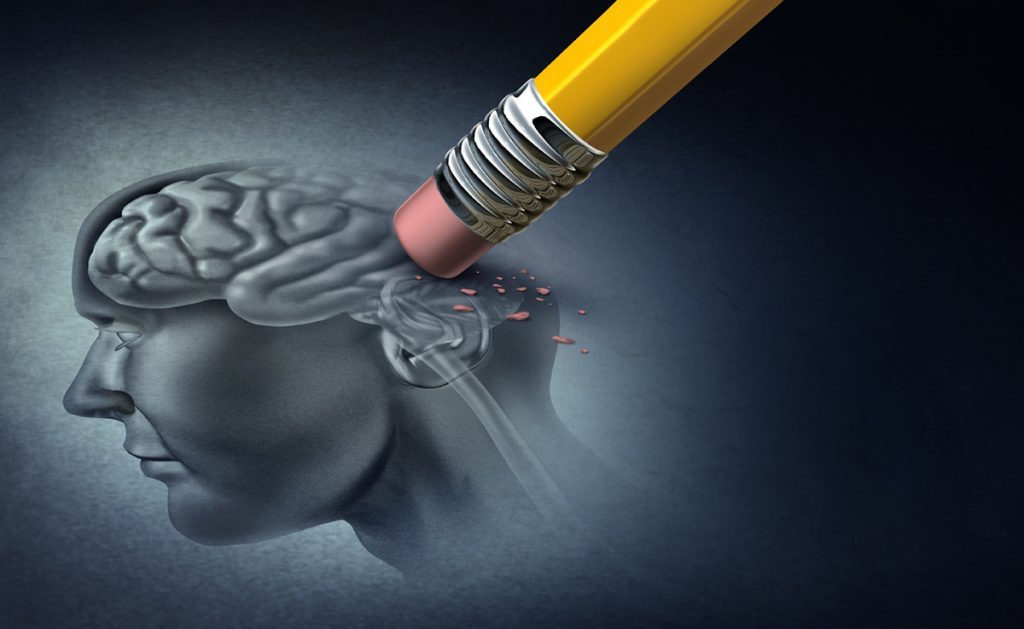

B vitamins support normal functions performed by the brain and nervous system, support adrenal function. Vitamin B-12 is also required for critical metabolic processes like DNA synthesis, production of neurotransmitters, energy production and is required for the development of red blood cells.
Vitamin B-12 is found in animal-derived foods such as dairy, eggs, meat, poultry and fish. Diets that limit these foods and/or poor absorption may lead to a Vitamin B-12 deficiency. Prolonged Vitamin B-12 deficiency can lead to serious mental[2] and physical symptoms[1], such as:

Stage 1:
This is the earliest stage, so there are no noticeable signs or symptoms of deficiency. However, low levels can be detected through a blood test.
Stage 2:
Low blood levels of B-12 are detectable, and cellular dysfunction begins to set in. Some symptoms may start to be present.
Stage 3:
Neurological, psychological and gastrointestinal symptoms, such as indigestion and discomfort, may be present in this phase. Also, without sufficient levels of Vitamin B-12, methylmalonic acid (MMA) and homocysteine (HCY) build up in the body. An elevated level of HCY in blood is a risk factor for cardiovascular disease[3] and should be monitored by a physician.
Stage 4:
The final and most severe stage of B-12 deficiency can lead to lasting damage[2] to the nervous system.
You can prevent these devastating side effects by including B-rich foods in your diet, supplementing when necessary with high-quality Vitamin B-12 and having your Vitamin B-12 levels checked as part of your annual physical exam.
References:
Original article written by and posted on Trivita.com
Posted by Jeffrey Sloe on Markethive